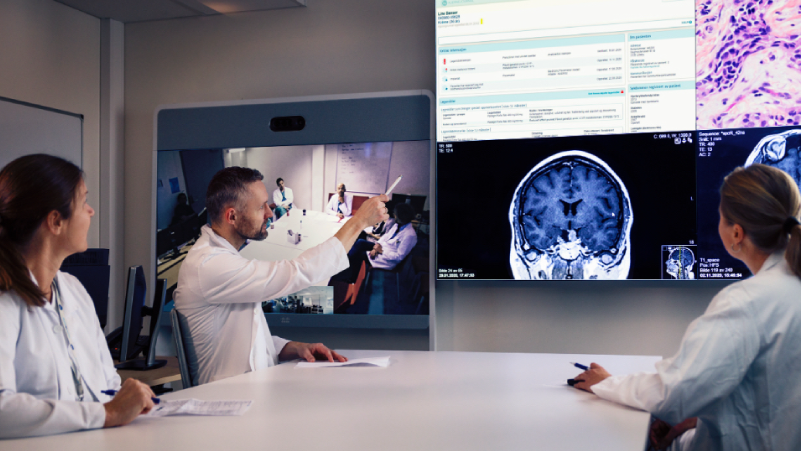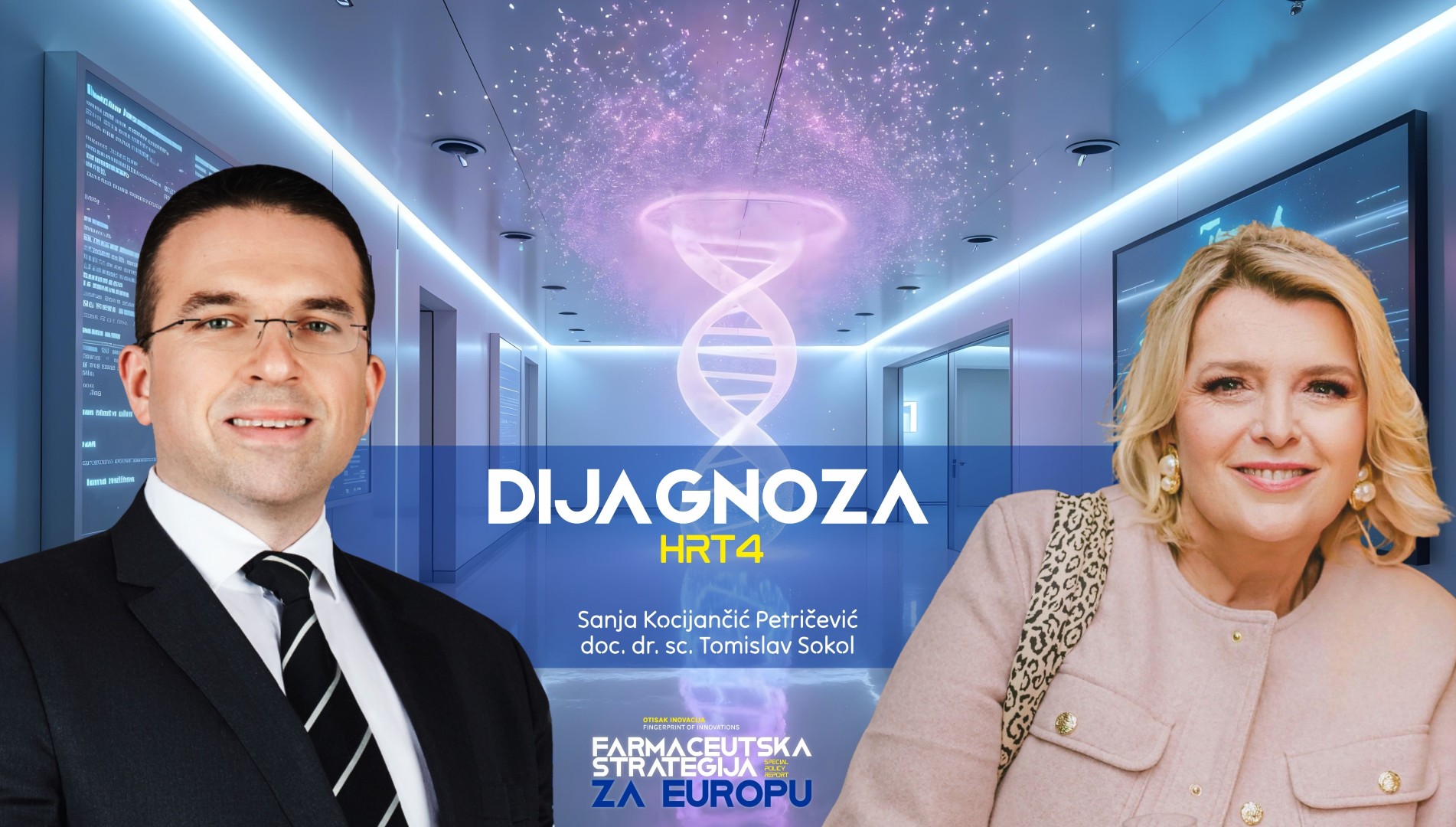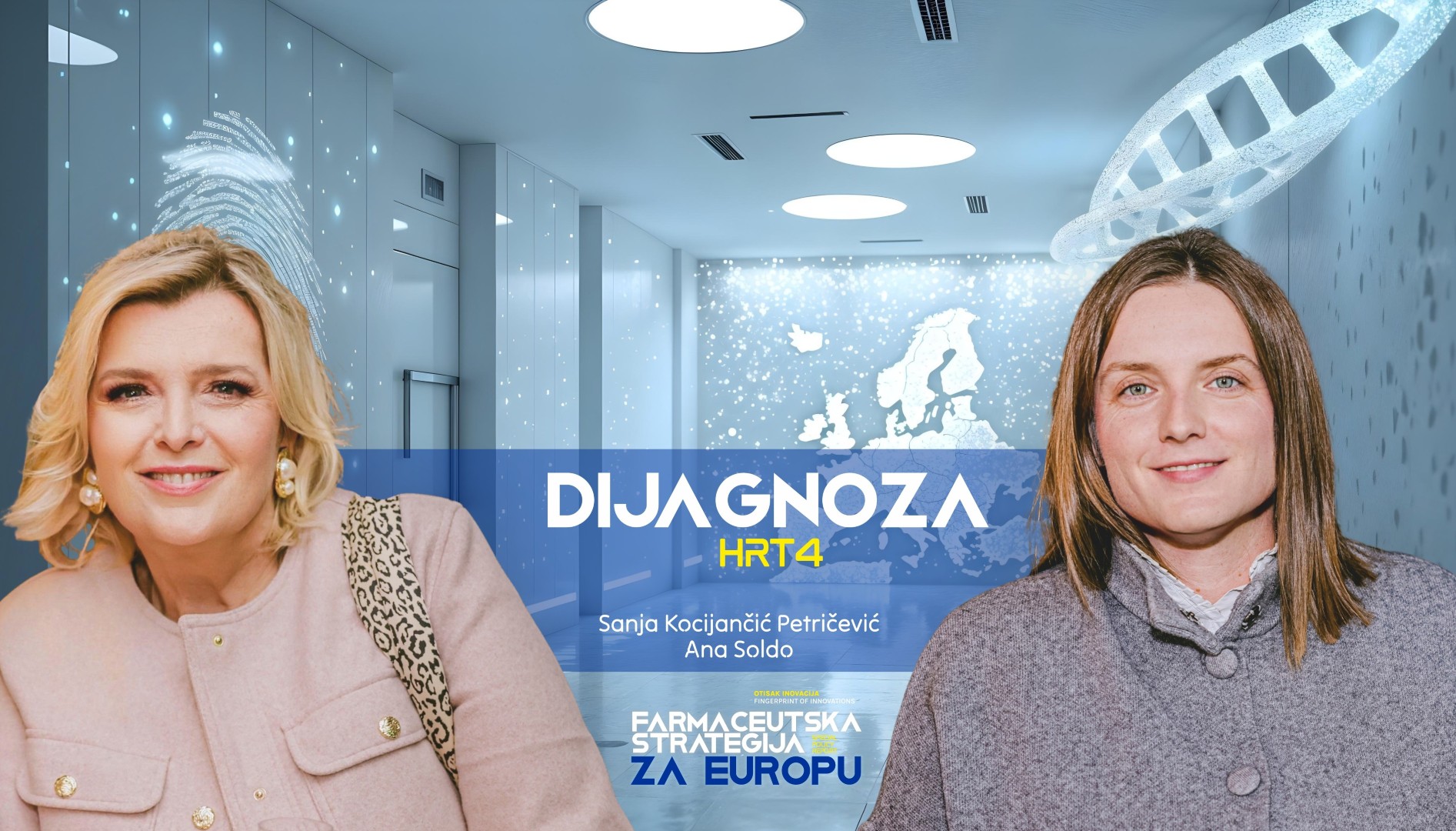Beacon of the Cancer Care – Re-engaging EU citizens with national screening programmes and cancer diagnosis post-pandemic (The Lancet Oncology)
his article by Mrs. Anne-Marie Baird (School of Medicine, Trinity Translational Medicine Institute, Trinity College Dublin, The University of Dublin) is published in The Lancet Oncology, and we would like to point out amazing takeaways from it toward our onco policy ecosystem.
SOURCE & COPyYRIGHTS // https://www.thelancet.com/journals/lanonc/article/PIIS1470-2045(22)00090-0/fulltext

The COVID-19 pandemic has affected every aspect of daily life, including access to lifesaving screening programmes, diagnostics, and care. Across the EU, several health-care systems, stretched and understaffed even at the best of times, halted services and reallocated resources and staff to manage the influx of patients with COVID-19.[1] Since the onset of the pandemic, COVID-19 incidence and mortality metrics have been readily available in most countries. However, it is harder to appreciate the number of individuals who could not access screening programmes, faced delays in diagnosis, and encountered barriers to appropriate care within the EU. If, on one hand, some measured success in providing COVID-19-related care was reached, on the other hand, it must be acknowledged that care for one disease cannot be at the cost of other conditions, including cancer. The indirect effects of the pandemic are likely to persist for some time, and truly understanding the long-term effects on those living with (or at risk of) cancer and on the delivery of quality cancer services might take several years.
Early and accurate diagnosis of cancer is key to improving outcomes. In the EU, the Council Recommendation on cancer screening includes breast, cervical, and colorectal cancer;[2] and yet, many European citizens who fit the eligibility criteria for these programmes have no access to screening or choose not to attend.[3] The pandemic has compounded these issues because many countries stopped screening services, and in some regions participants were worried about attending appointments due to potential virus exposure. However, these issues are not solely confined to screening programmes. Given the pressures experienced in primary and tertiary care, those with symptoms of other cancers were less likely to present for investigation due to barriers such as hesitancy around COVID-19 and difficulties in accessing consultations. Citizens might have felt that their concerns were of little importance, given that health messaging consistently prioritised COVID-19 above all else.

European data from the Time to Act Campaign has estimated that doctors saw 1·5 million fewer people with cancer in the first year of the pandemic, and approximately 100 million cancer screening tests were not done.4 Further estimates suggest that about 1 million people could be living with a cancer that has not yet been diagnosed.[4] Delays have been experienced across the continuum of care, including diagnostic pathways and access to treatment,[5] including surgery.[6] In the UK, in April, 2021, surgery waiting times were 100-times higher than pre-pandemic,6 which for cancer can mean the difference between early and resectable tumours, or late-stage, and untreatable disease.
Given the ongoing pandemic and backlog in cancer services, multistakeholder region specific plans must be formulated and implemented to reconnect with those at risk of cancer and those living with the disease. Re-engagement strategies should centre on clear, multifaceted, and appealing communication to avoid unnecessary delays in moving patients through the health system. Patients and prospective patients need information regarding what services are open and how to access them; guidance on timelines to receive care; assurance that returning to care is safe; telehealth support or home visits where possible; and expanded or relaunched cancer awareness campaigns. Health-care systems must ensure that they can deliver an appropriate standard of care at all stages of the post-screening and diagnosis pathway; delays will further deepen the public’s apathy to health care. Above all, transmitting the message that citizens and their health are important, irrespective of COVID-19 status, is crucial.
These plans must develop resilience within health-care delivery and increase staffing, infrastructure, and resources.[7] Additionally, an honest and open analytical approach must be taken to examine which, if any, changes implemented during the pandemic should remain as COVID-19 moves to an endemic phase. Given that a long interval might have elapsed between someone developing a symptom and the opportunity to engage with health care, symptom normalisation is likely to be currently prevalent across the EU. Therefore, it is essential that education campaigns relating to symptom awareness are driven at the European level without delay. Several initiatives have been launched, such as Time To Act, a multilingual, multifaceted campaign organised by the European Cancer Organisation, with the tagline “Don’t let COVID-19 stop you from tackling Cancer”,[4] and industry-supported co-created campaigns, such as “New Normal, Same Cancer” [8].

In prioritising cancer care, those in decision-making roles must appreciate that not all cancers can be approached equally, and that no patient with cancer must be left behind for the sake of others. The post-pandemic world must not further the inequalities and poor outcomes for some cancers that patients were already facing previously. In this so-called new normal, a person-centred approach should be implemented, not to return to how care was before the pandemic, but to build a better system than that which existed previously: a system that can deal with the additional stresses and strains of a health-care crisis while continuing to deliver care for all. It is essential that public and advocate input in re-engagement strategies is there from inception to ensure that such strategies are fit for purpose and will be effective in the real-world environment. Treating every citizen equally— irrespective of cancer type, socioeconomic status, or geographical location—as well as reminding them that their health worries are important and having a health system that is adaptable in times of crisis are key to re-engaging citizens with health care in a post-pandemic world.

1 Panda N, Sinyard RD, Henrich N, et al. Redeployment of health care workers in the COVID-19 pandemic: a qualitative study of health system leaders’ strategies. J Patient Saf 2021; 17: 256–63.
2 No authors listed. Council recommendation of 2 December 2003 on cancer screening. Official Journal of the European Union, 2003. http://eur-lex. europa.eu/LexUriServ/LexUriServ.do?uri=OJ:L:2003:327:0034:0038:EN:PDF (accessed Jan 14, 2022).
3 Ponti A, Anttila A, Ronco G, et al. Cancer screening in the European Union. Report on the implementation of Council Recommendation on Cancer Screening. Brussels: European Commission, 2017.
4 European Cancer Organisation. Time to act. https://www.europeancancer. org/timetoact (accessed Jan 14, 2022).
5 Vintura. The impact of COVID-19 on patient access to cancer care in Europe. Every day counts. 2021. https://www.efpia.eu/media/602636/ every-day-counts-covid19-addendum.pdf (accessed Jan 14, 2022).
6 The Lancet Oncology. COVID-19 and cancer: 1 year on. Lancet Oncol 2021; 22: 411.
7 The Lancet Oncology. Building a more resilient cancer healthcare system. Lancet Oncol 2020; 21: 999.
8 AstraZeneca. New normal same cancer. 2021. https://www.astrazeneca. com/our-therapy-areas/oncology/new-normal-same-cancer.html (accessed Jan 31, 2022).
![]()
Partners of “Beacon of the Cancer Care”






